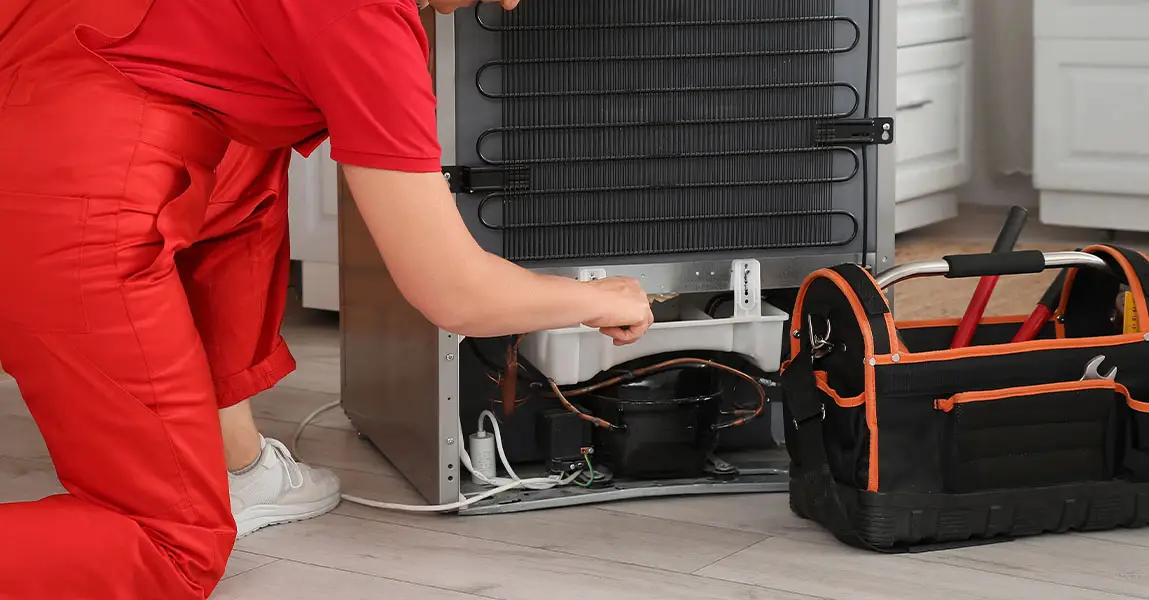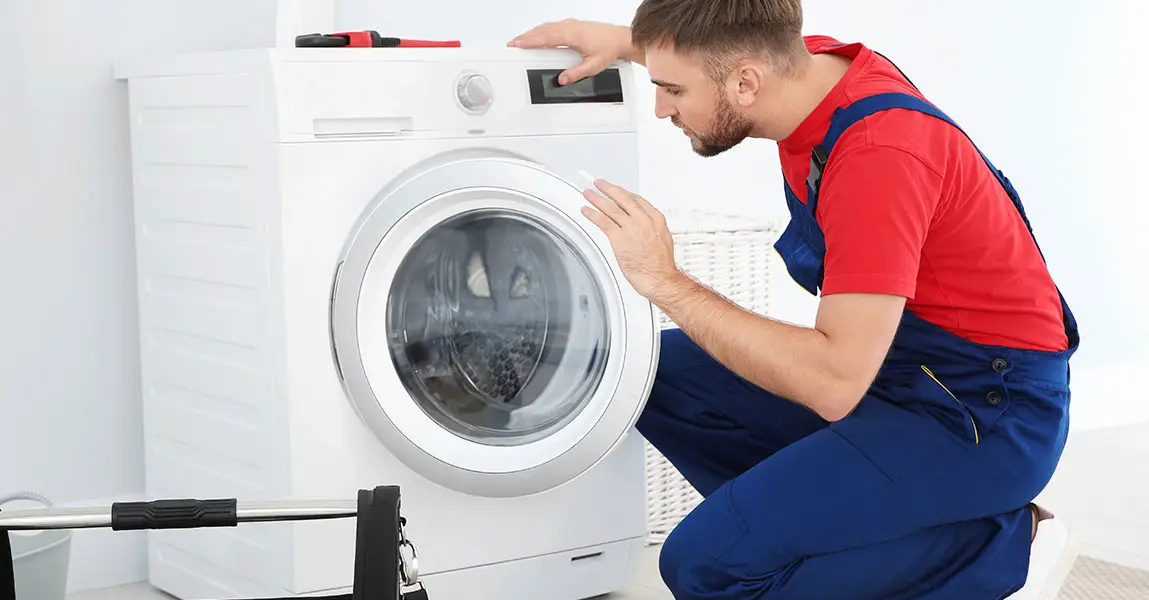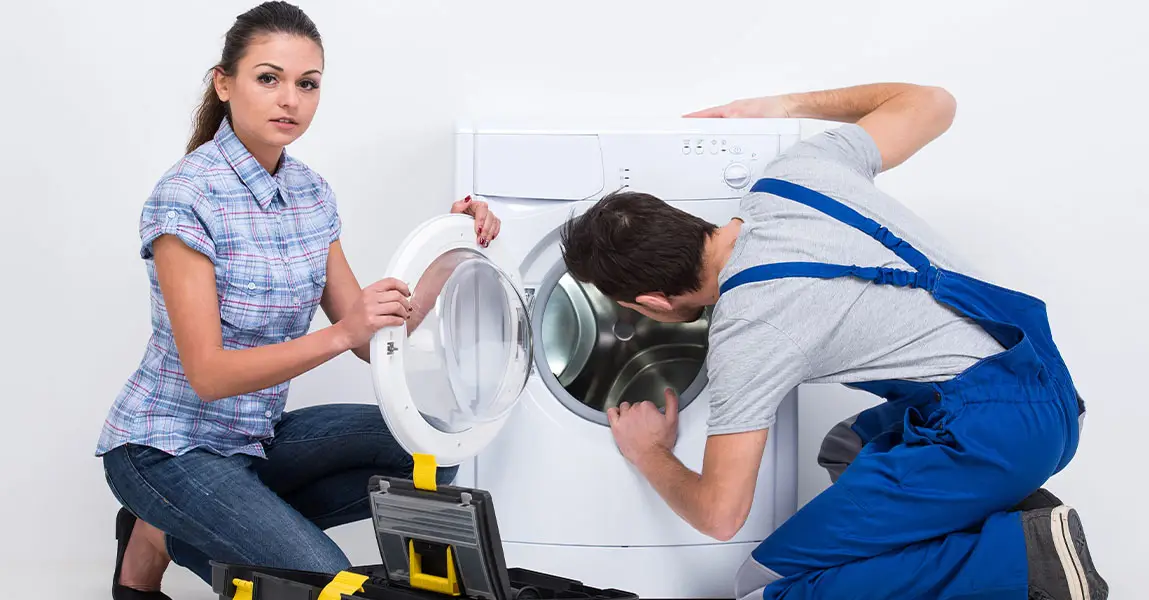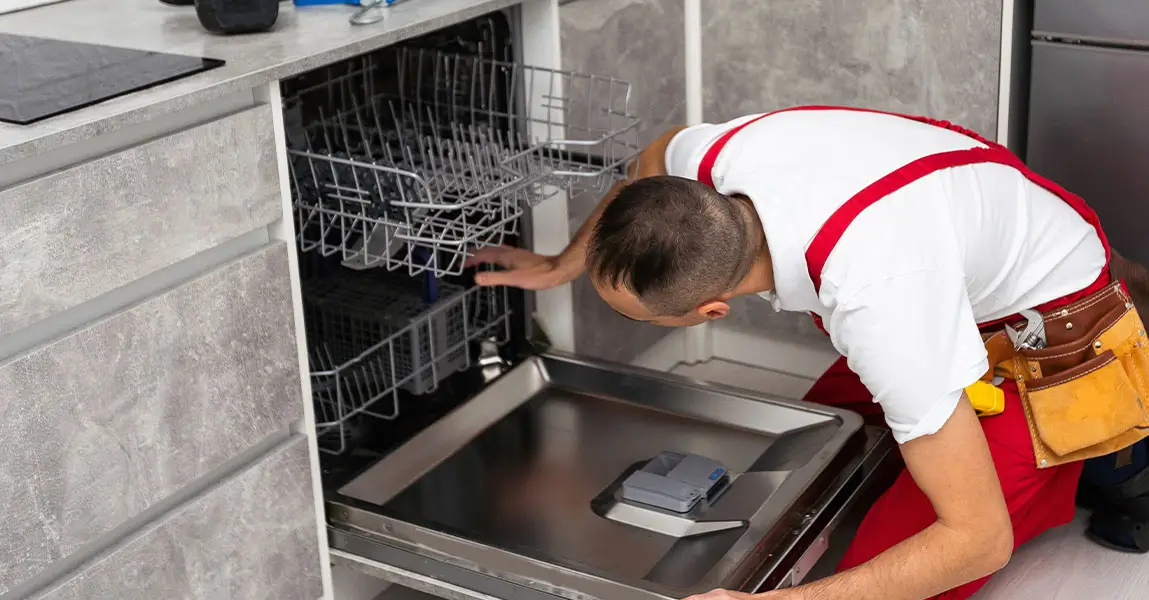Why Delaying Appliance Repairs Can Cost You More
Most people don’t think much about their appliances until something stops working. When a dishwasher won’t drain or a fridge starts warming up, the first thought is usually frustration. However, putting off the repair is what ends up creating the real trouble. Small problems rarely stay small. Therefore, the sooner you address them, the better your chances are of avoiding major costs.
For example, a simple leak from a washing machine hose might seem harmless at first. In other words, it may just look like a puddle. But over time, it can seep into your floors, damage surrounding cabinets, or even lead to mould growth. These consequences are not only costly but also time-consuming to fix.
Acting early with appliance issues helps avoid long-term financial pain. Timely action can preserve the appliance, prevent home damage, and reduce emergency service calls. If you live in Calgary and want an idea of where to start, reviewing trusted services that specialize in appliance repair in Calgary is a useful step forward.
Repairing Early Reduces Energy Waste
Appliances that are slightly malfunctioning often draw more power than necessary. For instance, a dryer with a clogged vent or damaged heating element may run longer cycles just to dry the same load. Similarly, a refrigerator with worn door seals works overtime to maintain its temperature. This added strain shows up in your monthly utility bill.
In addition, the longer these inefficiencies go unchecked, the more stress they put on the appliance’s internal parts. That is to say, they wear out faster and break sooner. Instead of replacing a gasket or fixing a motor, you may end up needing a whole new unit. That turns what could have been a small fix into a major replacement cost.
Paying attention to odd noises, longer cycles, or poor performance is key. These are all early warning signs. Taking them seriously means you’ll not only save on repairs but also improve energy efficiency over time. Many homeowners overlook this angle, but it makes a real difference in utility expenses year after year.
Preventing the Domino Effect of Damage
Appliances are interconnected systems. When one component fails, it often causes strain on others. For example, a faulty pump in a dishwasher might not stop the cycle properly. Consequently, the water pressure stays off balance, which then puts stress on seals, hoses, and even the control panel. A single issue can snowball if ignored for too long.
Likewise, a refrigerator running on failing fans might cool unevenly. In the short term, this may just spoil a few items. However, in the long term, the motor has to work harder, and eventually burns out. The damage builds in layers, each one more expensive than the last.
By staying alert and acting early, you interrupt this chain reaction. That protects not only the broken part but also all the surrounding components. This ripple effect is one of the most overlooked reasons people end up with expensive repairs or early replacements.
It’s often worth having a technician examine the situation even if the problem seems minor. If you’re unsure whether your issue requires urgent care, you can always get in touch with someone who handles these problems daily.
Spotting Warning Signs Before They Become Failures
Many appliance problems start subtly. You might notice a fridge light flickering or a stove burner heating unevenly. These signs might feel easy to dismiss, but they are often the first clues that something internal isn’t functioning properly. So, recognizing and responding to these hints is one of the smartest ways to save money in the long run.
Above all, prevention is the most cost-effective strategy. Regularly inspecting your appliances can reveal worn wires, deteriorating seals, or unstable parts. These items can often be fixed for much less than the cost of full part replacement.
For example, a slightly off-balance washing machine may just need a drum adjustment or a new suspension rod. But if left unaddressed, the shaking could damage the motor or unseat the drum entirely. That’s a much more expensive fix that could have been avoided with a small, affordable adjustment.
The same goes for ovens, dishwashers, and dryers. Any unusual behavior deserves attention. It’s not about overreacting but about being proactive and observant. Staying ahead of appliance problems is a practical approach that rewards you with fewer repair bills.
Extending the Appliance’s Useful Life
Replacing an appliance is expensive. Therefore, squeezing every year of service out of your current units makes good financial sense. Regular and timely repairs keep internal systems in working order, which slows down overall wear and tear. In other words, each fix adds to the lifespan of the appliance.
Moreover, consistent maintenance helps retain the appliance’s performance quality. This matters because even a small dip in function—like slower drying times or weak freezer temperature—can affect your daily routine and your budget. Over time, the cumulative cost of higher utilities, spoiled food, or extra laundry cycles adds up.
Think of your appliances like a car. Skipping oil changes eventually leads to engine damage. Similarly, ignoring your dryer’s poor airflow or your oven’s inconsistent heating eventually shortens its life. Early care makes ownership less stressful and more affordable.
If you’re ever unsure about whether a small issue is worth fixing, it helps to research providers of appliance repair in Calgary to compare solutions and get a second opinion before replacing the unit altogether.
Reducing Emergency Repair Costs
Emergencies are always more expensive. That’s because breakdowns that happen at night, on weekends, or right before a holiday often come with extra service fees. Consequently, a repair that might cost a couple hundred during regular business hours could double under urgent circumstances.
Many emergency breakdowns could have been avoided by catching the problem sooner. For example, a fridge that had been making loud buzzing sounds for a week may suddenly stop working completely. That results in lost groceries, added service costs, and possibly even the need for replacement.
Planning ahead avoids this stress. When you act early, you get more options, more availability, and better control over the cost. Technicians can schedule non-rush appointments, which are usually more affordable. You also avoid the added costs of temporary workarounds—like eating out because the stove broke or using laundromats when the washer stops.
Being proactive might not always feel urgent, but it is the key to avoiding the costliest repair experiences homeowners face.
Creating a Habit of Regular Maintenance
One overlooked way to save is simply by scheduling routine checkups. You do this for your furnace and your car, and it should apply to appliances as well. Preventative visits don’t need to be frequent or expensive. However, they help spot early wear, give you repair estimates ahead of time, and keep your machines in good working shape.
In the same vein, cleaning filters, checking hoses, inspecting seals, and confirming temperatures can all be done seasonally. These small habits build up to big savings because they catch issues long before they require a technician. Furthermore, they give you peace of mind knowing your appliances are safe, especially in families with kids or seniors who depend on daily use.
Regular attention also keeps your warranty intact if one is still active. Some manufacturers require proof of service or maintenance history when evaluating claims. That’s another reason not to overlook small checks or professional evaluations.
Making maintenance a normal part of home care lowers risk and keeps your costs in check. Over time, it also improves resale value if you decide to list your home with well-maintained appliances included.
FAQ
1. Is it worth fixing older appliances?
Yes, especially if the issue is minor and the appliance has a history of reliable performance. Many parts are replaceable for much less than the cost of a new unit.
2. What are some common warning signs that an appliance needs repair?
Unusual noises, higher energy bills, inconsistent performance, or visible leaks are all early signs. Paying attention to these can help catch problems before they worsen.
3. How often should I schedule maintenance?
A general rule is once per year for major appliances like fridges, washers, and dryers. However, you should clean filters or inspect hoses every few months on your own.
4. Can small repairs really make a difference in the long run?
Absolutely. Small fixes can prevent larger, more expensive failures. They also help your appliance work efficiently, which saves on utility bills.
5. What should I do if I’m not sure whether to repair or replace?
If the appliance is under ten years old and hasn’t needed frequent repairs, fixing it is usually the better option. For guidance, reach out to a professional who specializes in appliance diagnostics.











